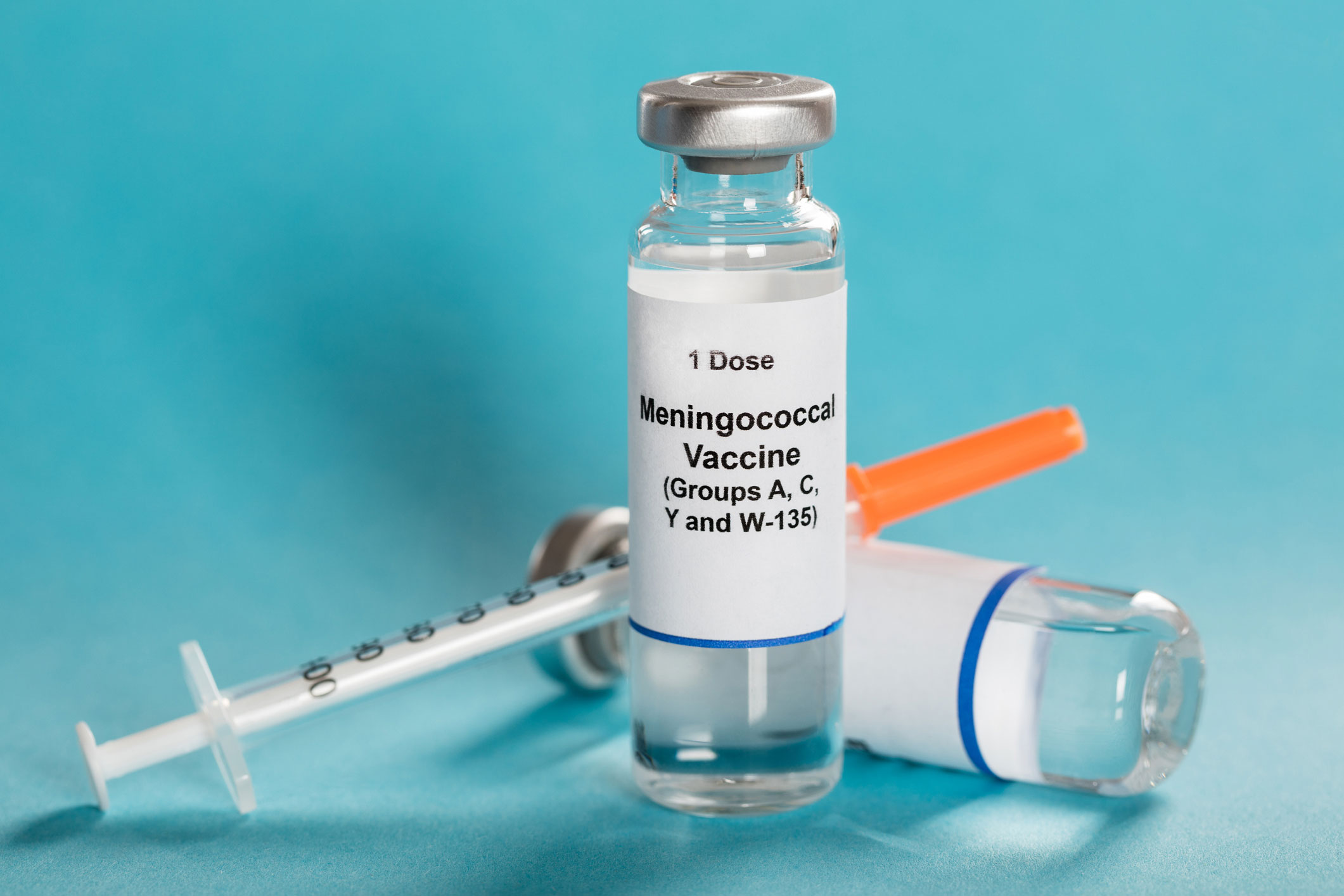The Kwara State Government has spent the sum of N1.5 billion to relieve the less privileged citizens of hardship and promote economic activities in the state, within the first quarter of this year.
The government is also working on how to mitigate the effect of the ‘Japa’ syndrome on the health sector in the state, where it has recorded a dearth of medical doctors and trained nurses.
Speaking at the state interministerial press briefing for the first quarter of 2025 on Tuesday, Acting Manager of the state Social Investment Programme, KWASIP, Olayinka Tejini, disclosed that this was achieved through the government’s social investment programme.
He observed that the programme which was floated in 2019 by the administration of Governor Abdulrahman Abdulrazaq has improved the lots of many people as well as boosted the economy of the state.
The Acting Manager of KWASIP disclosed that within the first quarter of this year, the government approved a safety net for both the skilled and the unskilled, in which 20,000 people made up of the youths and the vulnerable benefited N20,000 each.
Abdulrazaq further said the government also approved the sum of N20,000 each for 20,000 petty traders to aid the growth of their trade.
On his part, the Executive Secretary of the Kwara State Hospital Management Board, Abdulrahman Malik, revealed that there is an acute shortage of medical doctors in the state-owned hospitals.
According to him, doctors do not want to take up appointments with the state government, even when the government is ready to recruit them due to the ‘Japa’ syndrome.
Malik pointed out that while between 180 and 200 doctors are required in the government service, only 89 of them are currently available in the service.
The hospital board’s boss said the government had been trying to attract doctors to the state service with improved salary and facilities that could encourage them to stay, especially in the rural areas where many of them do not want to go.
Tejini also disclosed that the government has introduced an intern nurses programme for the training of nurses who would replace many nurses who had left the service for abroad.
In his own speech, Commissioner for Agriculture and Rural Development, Afeez Abolore Alabi, said that within the first quarter, the government had engaged in collaborations with agencies to boost agricultural activities in the state.
While noting that farmers in the state would benefit from the collaborations, Alabi assured that farm inputs that may be provided by the government would reach the needy farmers.




